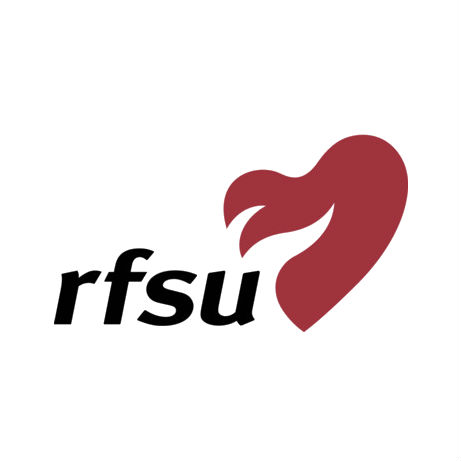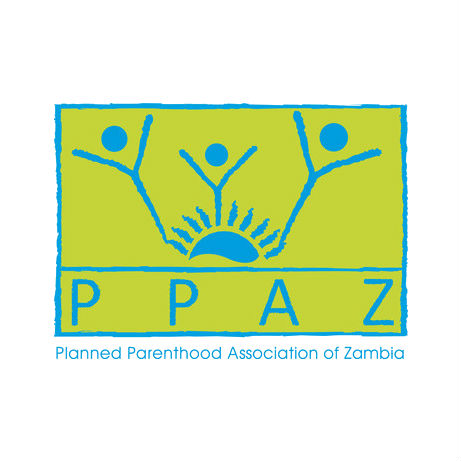

| 31 March 2016
Riksförbundet för Sexuell Upplysning - Sweden
Founded in 1933, RFSU is a non-profit membership organization aiming to promote access to sexual and reproductive health and rights — both in Sweden and internationally. RFSU has 16 local branches in Sweden and a sexual health clinic in Stockholm, also providing an invaluable source of learning for the organisation. In addition, we own a company that makes and sells condoms and wide range of products for sex, pleasure and health. To achieve our vision, of a world in which everyone is free to make decisions over their own bodies and sexuality, RFSU combines several strategies: Expertise and evidence-based knowledge and information, clinical research and global studies on SRHR lay a foundation for a solid argument for SRHR. Extensive experience in comprehensive sexuality education – guarantees the most pedagogical methods for strengthens SRHR and enhance public support for SRHR for all. Global influence and local partnerships. RFSU advocates and influences shaping the political agenda on gender equality (as well as SRHR) in Sweden and internationally. Much of this work is done with partners - for us, partnership is a fundamental way of working. We channel support to civil society organisations in a number of countries (Bolivia, Kenya, Ghana, Liberia, Georgia, Cambodia, Bangladesh, Sri Lanka) and with regional networks in Asia, Africa and Latin America. We also work with organisations and networks in Brussels, Geneva and New York to secure strong support for SRHR in international agreements, and to ensure their implementation.

| 31 March 2016
Planned Parenthood Association of Zambia
The Planned Parenthood Association of Zambia (PPAZ) was created in 1972. Then, it was dedicated to the promotion of family planning services. Over the years, it has evolved into a major service provider and advocacy body, with significant input into government policy on sexual and reproductive health (SRH) issues. Services offered include family planning, voluntary counselling and testing (VCT) for HIV, the treatment of sexually transmitted infections (STIs), antenatal and post-natal care, emergency contraceptive provision, laboratory tests, and screening. PPAZ refers clients on for additional services including prevention of mother-to-child transmission (PMTCT), antiretroviral treatment and home-based care. The organization operates 3 static clinics, 11 mobile units and 10 community-based services (CBSs). It has a full-time staff of 34, backed by 1,300 volunteers which include over 200 community-based distributors (CBDs) and 398 peer educators. In total, PPAZ runs 229 service points. PPAZ places a strong emphasis on HIV and AIDS prevention and treatment: as the statistics show, HIV prevalence rates are exceptionally high in Zambia. PPAZ has worked intensively on integrating gender and empowerment perspectives into HIV prevention. It has undertaken behaviour change communication projects directed at young people, both in and out of school settings, and it’s taken similar projects out to rural communities. PPAZ partners extensively with non-governmental organizations (NGOs), particularly those involved in youth and HIV and AIDS work. It receives financial support from Care international, UNICEF, the Japanese Organisation for Cooperation in Family Planning (JOICEP), Forum RFSU and IPPF’s Japan Trust Fund.







